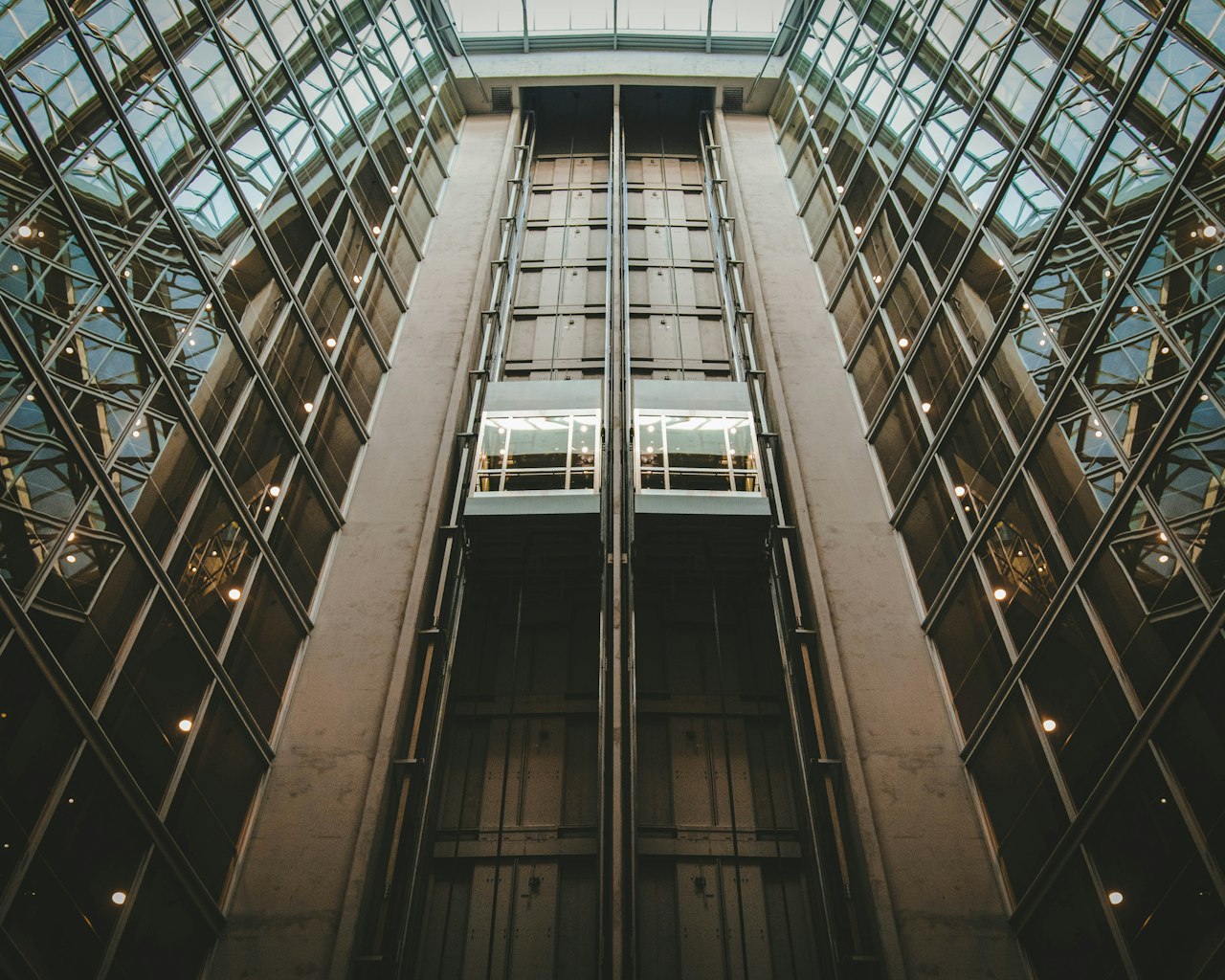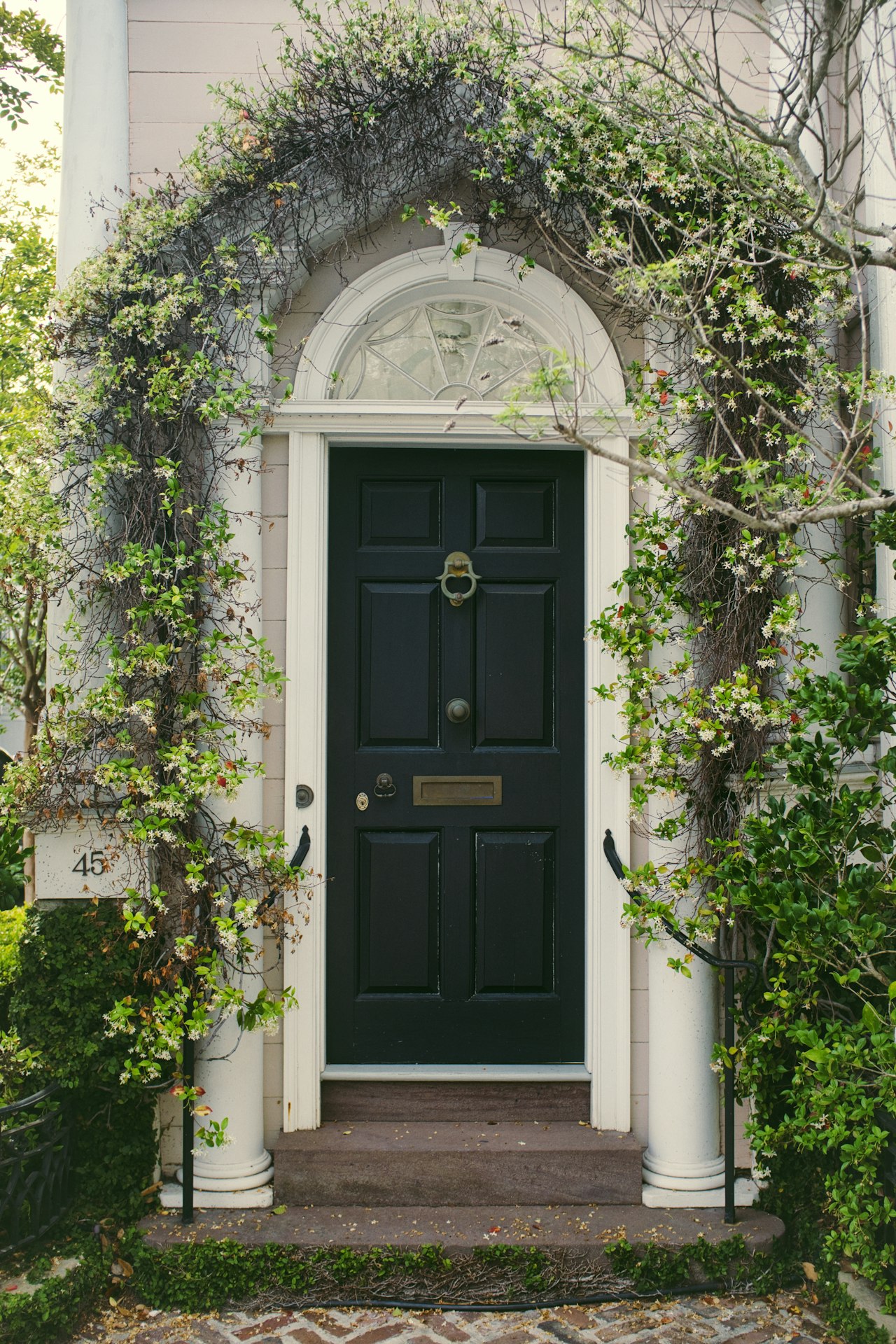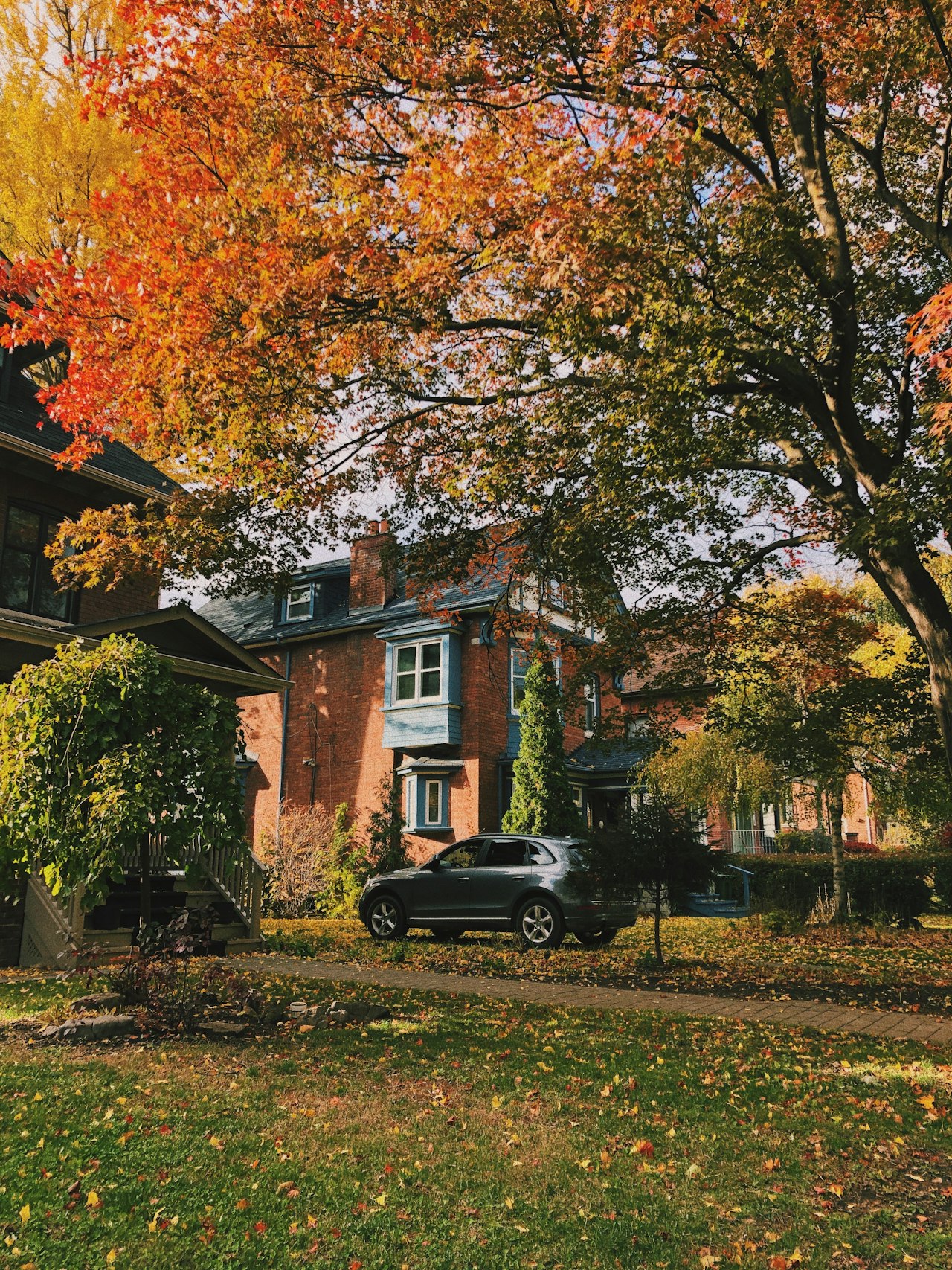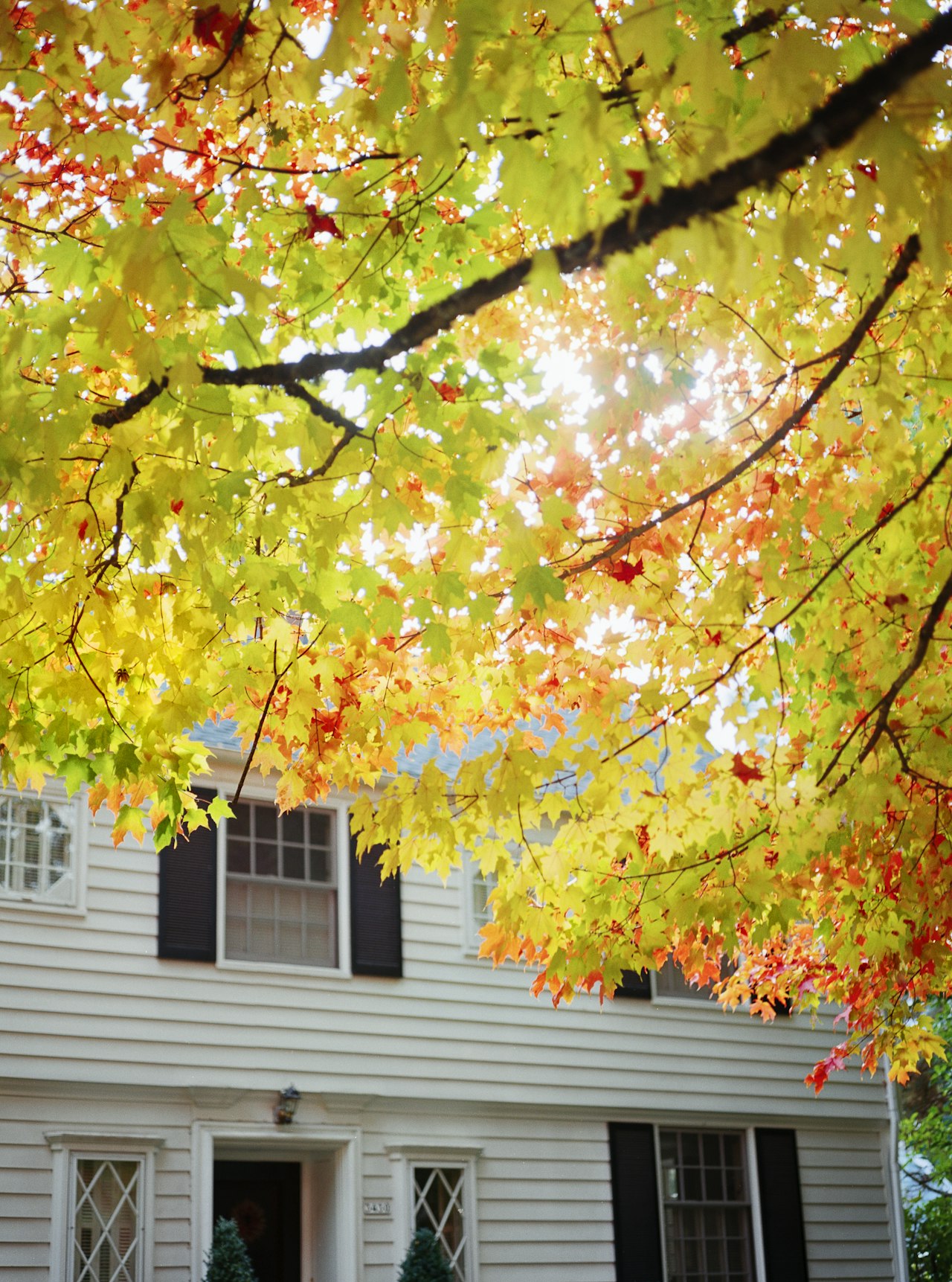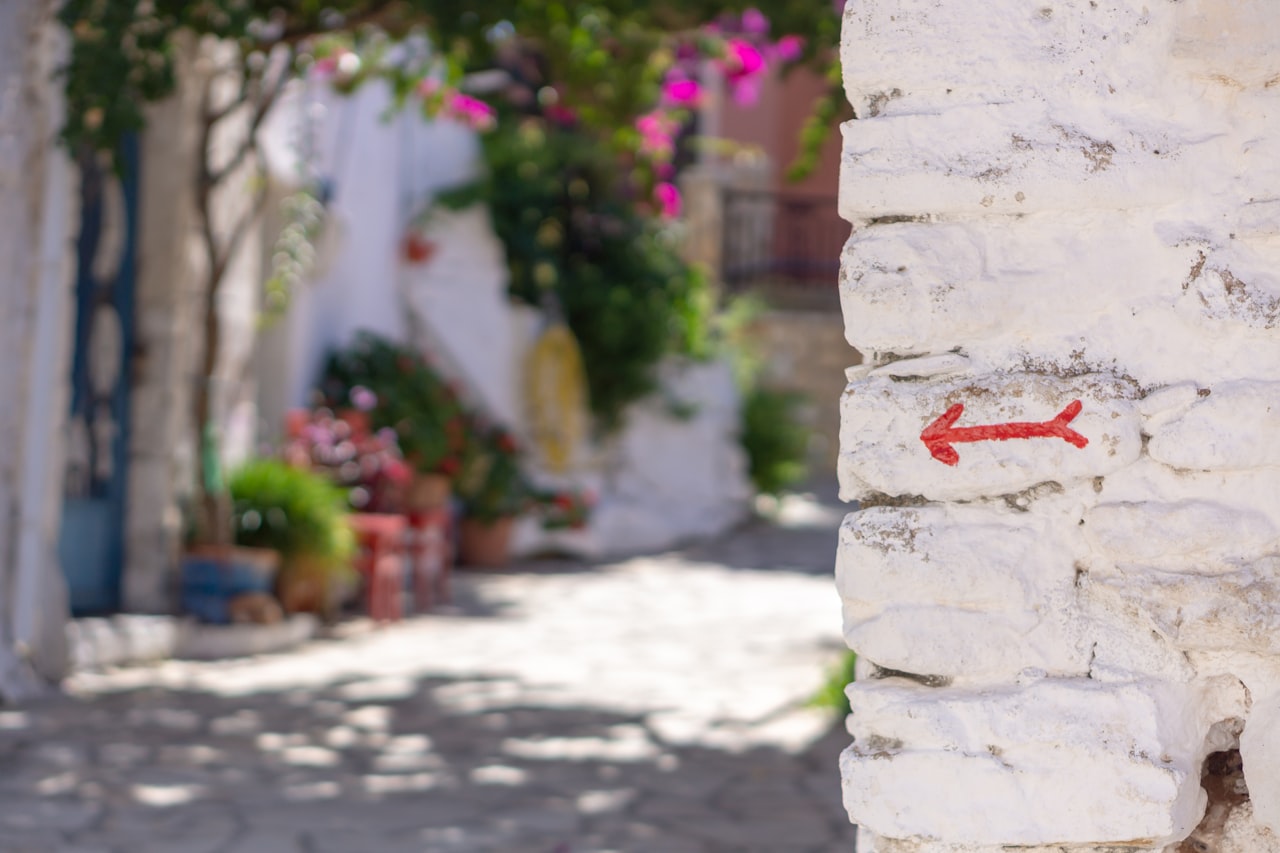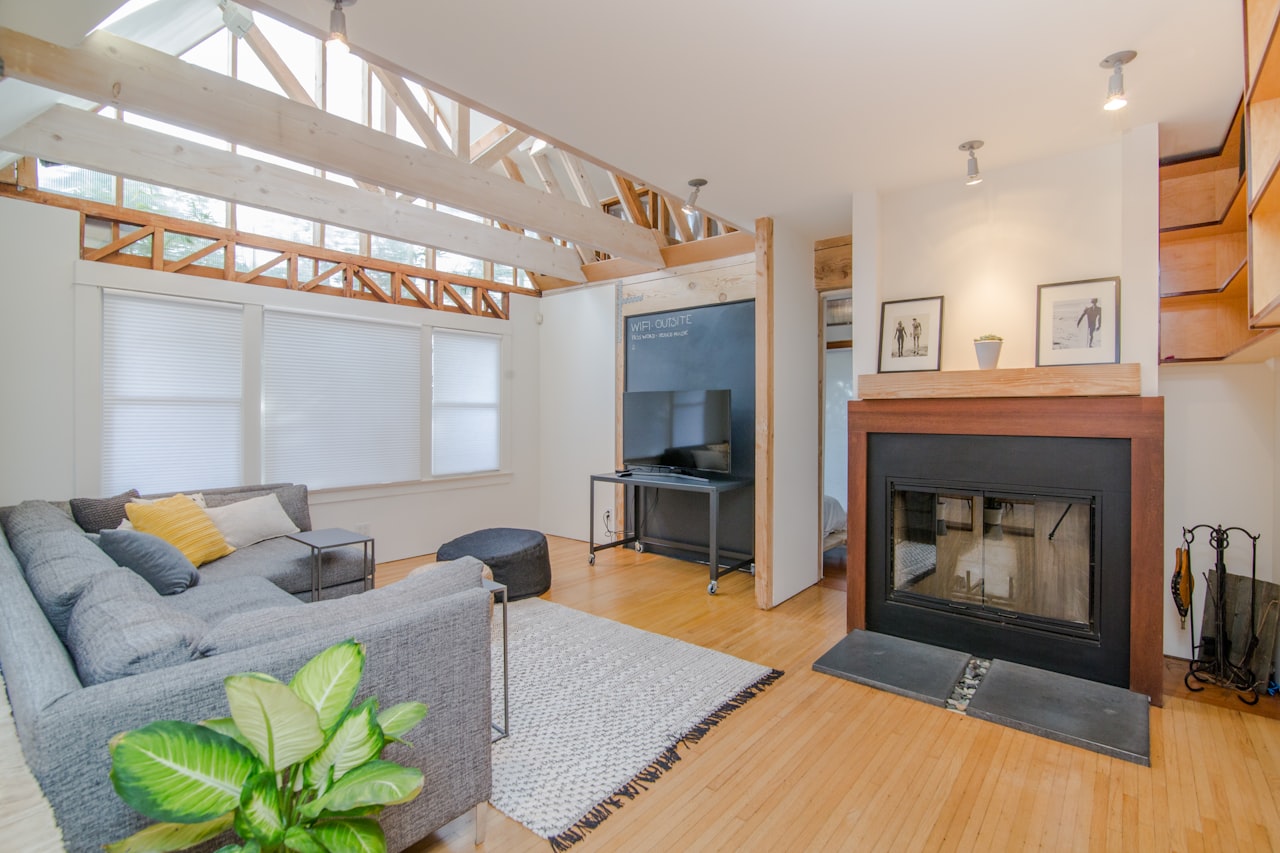Graduated real estate taxes were mentioned many times during the 2018 elections as Illinoisans contemplated selecting a new governor. This new proposed tax structure could change the amount of money owed during a property sale and aims to provide relief for those selling lower-priced homes while increasing the cost of more expensive real estate sales. Here is a look at what that may mean if Chicago moves forward with the new tax.
What are Real Estate Taxes?
According to the IRS, real estate taxes - also known as property taxes - are primary sources for local government income. The money from home and property sales (immovable items only such as land and buildings) goes to support resources like education, road construction and emergency services like fire departments and law enforcement. In Chicago, people pay these taxes twice a year.
Real estate taxes change between states, counties, cities and even zoning areas. However, most follow a formula like, “Annual budget minus sales tax revenue divided by state aid” to decide on a property tax percentages. As property values fluctuate so do taxes in order to account for the local budget for the year.
Understanding the Graduated Real Estate Tax

Currently in Chicago, homeowners who sell property are taxed $5.25 per $500 $4.50 per $1000 of the sale no matter the total sale price of the home or land. Of that money, the Chicago Transit Authority gains $1.50 and the City of Chicago earns $3.75. double check these numbers
Property tax on purchases from buyer - $7.50 per $1000
The Metropolitan Planning Council recommends that Chicago adopt a graduated real estate tax system to “generate additional revenue in a progressive manner.” The proposed RETT could earn $100-$185 million more annually on top of the original $160M currently coming in.
Governor-elect J.B. Pritzker told Crain’s that many Illinoisans can expect to pay less on their taxes with his new reforms including graduated property taxes that will require more money from the “wealthy.” Pritzker stated that he plans to use tax money to rebalance the state budgets placing emphasis on improving education resources. He stated that he will work on these terms with the General Assembly and is looking forward to watching tax breaks attract more workers and create new jobs across the state, changes that have occurred in other states that have adopted graduated property taxes.
Potential Effects for Homeowners
The 40th annual Emerging Trends in Real Estate report found that “Chicago remains an attractive gateway market for investment and interest appears to be on the rise as other gateway markets become increasingly expensive.” This statement is likely linked to Chicago’s growing population of people between ages 25 and 44 who are looking for work and will be in the workforce for several decades.
The report also noted that Chicago business and housing costs are slightly higher than those of nearby Indianapolis, Cleveland and Cincinnati but have comparatively attractive business costs that draw in new companies from startups to corporations.
All this growth requires housing and the Chicago market is feeling the effects. Zillow predicts that home prices will go up 6.4 percent in the coming year based on the 2.7 percent rise that occurred between September 2017 and September 2018. These median price changes will be affected by the graduate real estate taxes if they go into effect. Can we re-check this data? It’s inconsistent with our resources. We’d prefer to use other sources than Zillow – financial publications would be best. If not, we can remove this paragraph.
According to a report from the Center for Tax and Budget Accountability, around 95 percent of taxpayers in Illinois will receive tax cuts if the graduated property tax rate structure is enacted.
The rates are likely to look like this:
- Less than $500,000 pay a 0.35 percent tax rate.
- Between $500,000 and $1 million pay a 1 percent tax rate.
- Between $1 million and $5 million pay a 2.5 percent tax rate.
- Greater than $5 million pay a 3.3 percent tax rate.
For many, this is great news as property tax charges increased the past two years in the City of Chicago (1.69 percent) and North Suburbs (.68 percent).
Will Graduated Property Tax Become the New Law?
In order to legalize the graduated real estate tax system, 60 percent of the General Assembly will have to pass a constitutional amendment. Governor-elect Pritzker may use his newfound position to champion this idea and encourage other local politicians to get on board.


























































































